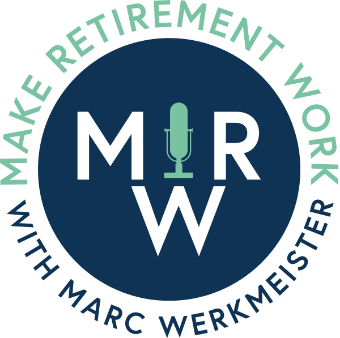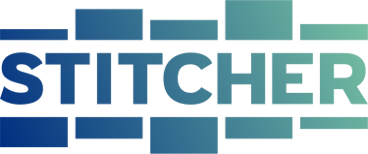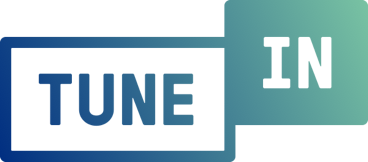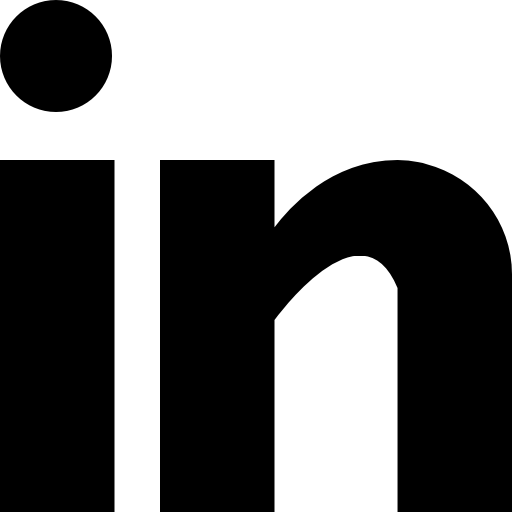
Don’t let disorganization become one of your biggest money problems.
It’s easy to lose or misplace money. But unlike finding $20 in an old jacket, what if a bank or investment account containing thousands goes untouched for years because you forgot about it or never told anyone it existed?
For various financial accounts, holdings, investments, loans, tax returns, and other arrangements, you need to gather account information and relevant contacts. If you’re wondering why it’s worth taking the time to get all this info in one place, just think of the people you love. By organizing your financial and legal documents, if something happens to you your family can more easily:
- Apply for and claim benefits
- Get through the probate process
- Close bank accounts
- Pay any final estate or income taxes
Financial Accounts
First, you need to determine all the types of accounts you have. Here’s a comprehensive list to get you started:
- Checking
- Savings
- Money Market
- Certificate of Deposit (CD)
- 401(k)
- 403(b)
- IRA
- Roth IRA
- 529/College Savings
- Pension Plan
- Investments
- Business Interests/Stock Options
- Trust Fund
- Valuable Assets
- Other
After you’ve identified all the accounts you have, here’s the information you need to gather for each. Tip: The details for each account or asset may vary, so just pointing a person you trust in the right direction — like giving them the name of your financial advisor — will be super helpful.
Name of Financial Institution
- Account Number
- PIN Number
- Personal Contact (if applicable)
- Location of Relevant Documentation/Statements
- Online Account Login Info
- Additional Details
Credit Cards
Type of Credit Card: Visa | MasterCard | American Express | Discover | Diner’s Club | JCB | Store/Gas Card | Other
- Variety of Card (example: Gold, SkyMiles, Amazon Rewards)
- Last Four Digits
- Expiration Date
- Location of Statements/Online Account Login Info
Tax Returns
How do you prepare your taxes? (You could answer this question out loud but that won’t really do anything. Except maybe scare the cat. So keep track of it.)
If you use a Financial Planner/Accountant
Share the name and contact info of this professional.
If you do your own taxes using Software or an Online Service
What software/service do you use? How do you login to this account?
No Matter What: Tell someone you trust where you keep your past tax returns! If something happens to you, these are an ideal financial blueprint for people in your life to understand your estate.
Safe Deposit Box
Keeping important documents (deed to your house, insurance policies) and valuable items (heirlooms, jewelry) extra safe is smart. Not giving someone access in case something happens to you can turn into a long detour through the courts.
This is especially troubling if you kept your Will or other important documents your family might need in a safe deposit box. Solution: Check with the bank where you’re renting a box and name a designee or whatever they might refer to this person as.
Now, onto the details to share:
- Name of the Bank
- Branch Location
- Account Number
- Box Number
- Key Location
- Authorized User Contact Info (if applicable)
- Additional Details & Instructions
Loans
Don’t let any loans your family and loved ones are unaware of sneak up on them. Keep track of the following info and once the loan is paid off feel free to mark it “PAID” and celebrate.
Type of Loan: Line of Credit | Personal Loan | Student Loan | Other
- Financial Institution
- Account Number
- Related Documents (example: original loan agreement, invoices)
Keep Your Plan Up-To-Date
Make sure all of the stuff listed above is neatly organized, updated, and shared.
P.S. You really should try out your own Everplan.
It’s really simple to set up, it’s free to try, and it can make a world of difference for your family if something happens to you. Set up your Everplan now.














